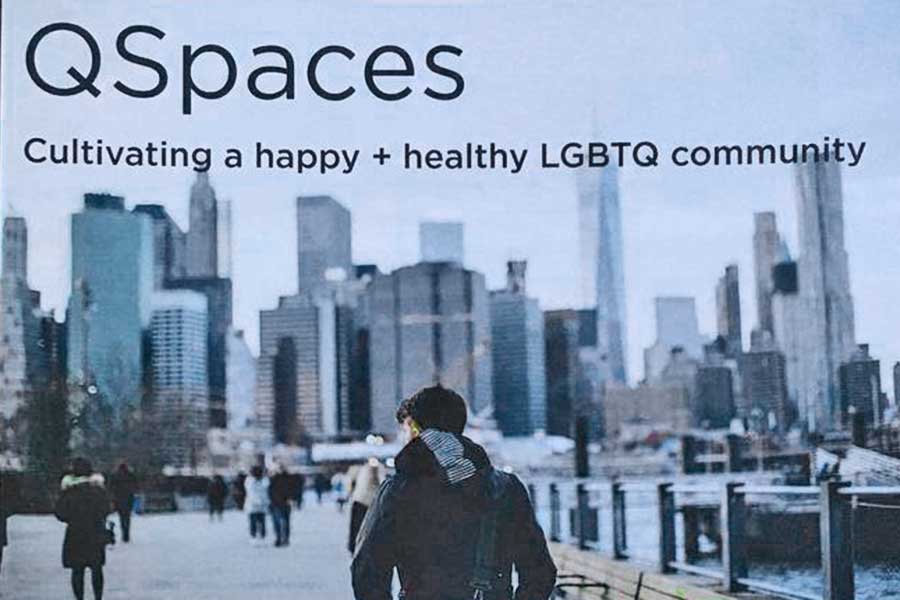Nic Anthony and Catharine Hoffman have a plan to make finding LGBT-friendly health care safer, more convenient and accessible. They’re making an app for it.
Hoffman, a designer, and Anthony, a medical student, got the idea when they moved to Philadelphia from North Carolina last year.
“We moved to Philly and we were like, where are all the gay people at?” Hoffman said.
So they came up with the idea of a map-based LGBT travel app.
“In February we put out a survey. We got around 250 responses,” Anthony said, “and one thing we heard overwhelmingly from people was that they liked the travel app, but they really wanted an app that would help them find doctors that understood treating LGBT people.”
A Lambda Legal survey from 2009 showed that roughly half of LGB people experienced verbal or physical harassment from a nurse or doctor. For trans people, that number goes up to 70 percent. In the same Lambda study, 90 percent of the trans people surveyed felt doctors were inadequately trained to help them, as did half of the LGB people surveyed.
“The hardest time to advocate for yourself is when you’re sick,” Hoffman said. “You’re tired and vulnerable and we’re all taught we should be able to trust our doctors.”
Due to the risk of discrimination, the demand for LGBT-competent health care is extremely high. Penn’s LGBT Health Program and the Mazzoni Center are lifelines for Philadelphia’s LGBT community, but there’s a huge demand for more options, Hoffman said.
“I want this app to exist so I can use it,” she said.
“I’ve had some bad experiences with doctors,” Anthony added. “That’s why I’m in medical school.”
Dr. Judd Flesch, associate director of Penn’s LGBT Health Program, agreed that discrimination in health care is a serious problem for the LGBT community.
“There are a lot of disparities that need to be addressed,” he said. “When people have bad experiences, it’s more often because [the doctor or nurse] didn’t know what to do, not because of any animosity. Direct feedback and education can go a long way.”
So, how can doctors be better providers to the gay community?
“First,” Flesch said, “have an open mind and accept all patients. Understand gender identities and be respectful. More specifically, understand screening guides, learn about PReP [pre-exposure prophylaxis] and gender-affirmation treatments. Understand the nuances of how to treat every patient.”
Anthony and Hoffman had a few suggestions for doctors to be more LGBT-friendly as well.
“Make sure you have gender-neutral bathrooms and be sure not to use the wrong pronouns and using the correct name for every patient,” Anthony said.
QSpaces will function similarly to Yelp. Users will be able to search and filter results by gender identity, sexual orientations, HIV status and other specifications, as well as leave detailed reviews about their experiences.
“Ultimately, we’d like to help educate the doctors who get low ratings. We could gather this data, show it to them and prove there’s a real problem that needs to be dealt with,” Anthony said.
Currently, they are in the planning and funding stage of QSpaces’ development.
“It’s important to us that QSpaces be a self-sufficient business, not a nonprofit,” Hoffman said. “The app needs to be sustainable so we can stick with it.”
“We have the plan, we have the designers and we’re ready to get started,” Anthony said. “We just need the funding.”
To learn more about QSpaces or get involved, visit https://qspacesapp.com, or search for the app on Facebook and Twitter.
